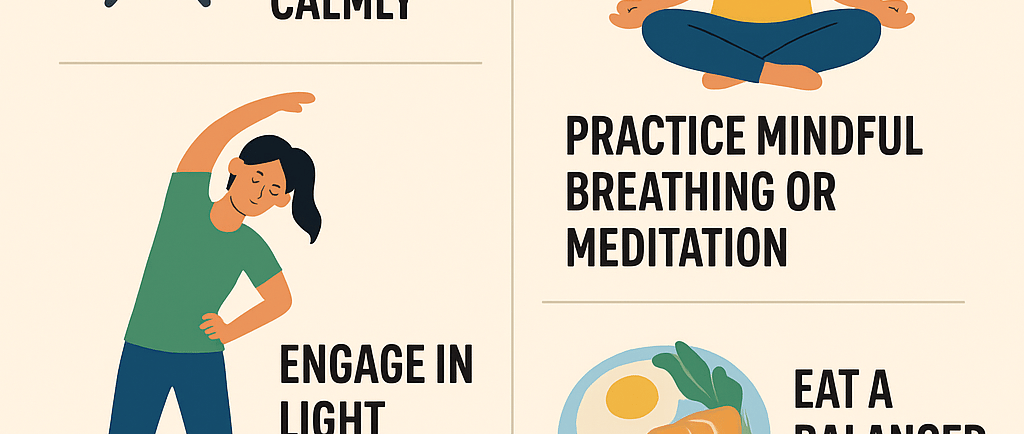Morning Rituals for Optimum Performance in Exams for Students


Exams are a crucial phase in every student’s journey, demanding focus, clarity, and a calm mind. While preparation throughout the semester plays a major role, the way a student begins the morning of an exam can significantly influence performance. A well-structured morning ritual not only boosts confidence but also ensures that the mind and body are primed for success. Here are some essential morning rituals for students to follow for optimum performance in exams.
1. Wake Up Early and Calmly
Rushing in the morning can trigger stress and anxiety, both of which negatively affect memory recall and concentration. Waking up early gives the mind time to settle and the body a chance to adjust to the day ahead. A calm start sets the tone for a productive exam day. Students should aim for at least 7–8 hours of sleep the previous night, as a well-rested brain works far better than one deprived of rest.
2. Practice Mindful Breathing or Meditation
The morning of an exam often brings nervous energy. A few minutes of deep breathing, mindfulness, or meditation can ground students and help them manage stress effectively. Breathing exercises increase oxygen flow to the brain, improving alertness, while meditation promotes focus and emotional balance—qualities essential in high-pressure exam environments.
3. Engage in Light Physical Activity
Movement stimulates circulation, wakes up the muscles, and releases endorphins that enhance mood. Simple stretches, yoga poses, or a short walk in fresh air can invigorate both body and mind. This light activity prevents lethargy and ensures that students feel energized throughout the exam.
4. Eat a Balanced, Nutritious Breakfast
A healthy breakfast is non-negotiable on exam days. The brain requires glucose for optimum function, but too much sugar can cause energy crashes. The ideal breakfast includes a mix of complex carbohydrates (whole grains, oats, fruits), protein (eggs, yogurt, nuts), and healthy fats (avocado, seeds). Hydration is equally important; drinking enough water prevents fatigue and improves cognitive efficiency. Avoid heavy or greasy foods, which can make students sluggish.
5. Review Strategically, Not Excessively
The temptation to cram in the morning is common, but it often increases anxiety and reduces confidence. Instead, students should use the morning for a brief review of key concepts, formulas, or summaries they have already mastered. Revisiting quick notes or flashcards helps reinforce memory without overwhelming the brain.
6. Visualisation is a powerful mental tool. Taking a few moments to imagine walking confidently into the exam hall, recalling answers with ease, and finishing on time helps build self-belief. Positive mental imagery reduces exam fear and primes the brain for peak performance.
7. Avoid Digital Distractions
Checking social media or engaging in negative group discussions about the exam can heighten stress. A distraction-free morning ensures that mental energy is conserved for the exam itself. Students should keep their phone usage minimal and focus instead on calm, confidence-building activities.
Conclusion
Exams test not only knowledge but also emotional balance and presence of mind. By cultivating effective morning rituals—waking up early, practicing mindfulness, exercising lightly, eating well, reviewing wisely, and staying positive—students can walk into the exam hall at their best. Ultimately, the right start in the morning can be the difference between anxiety and confidence, between confusion and clarity.
